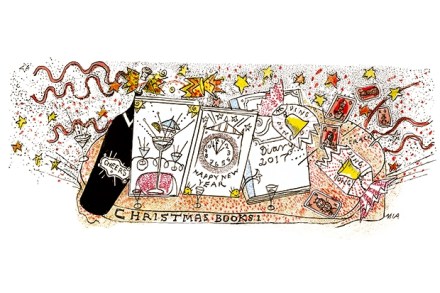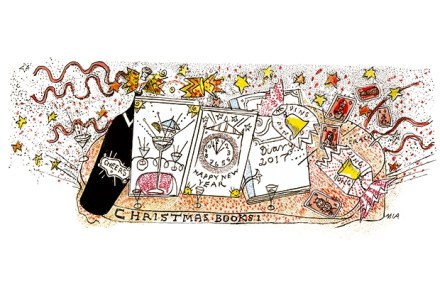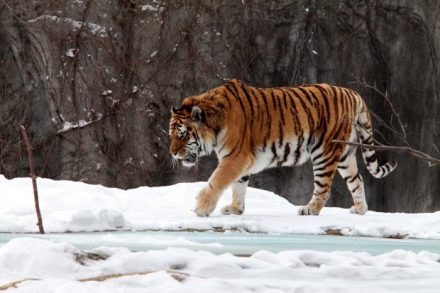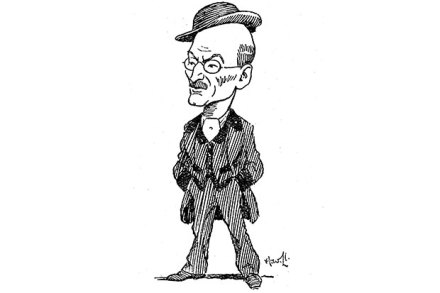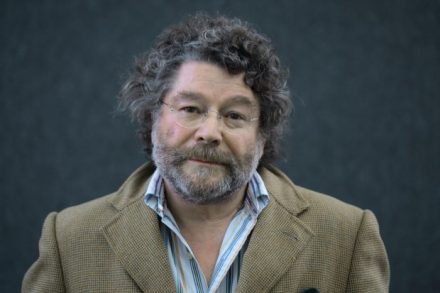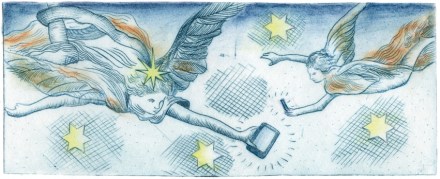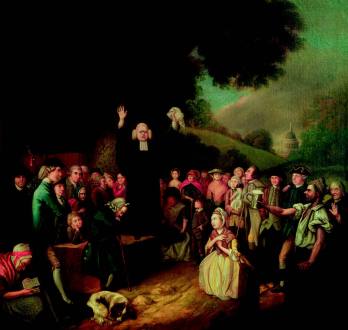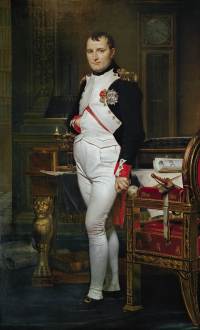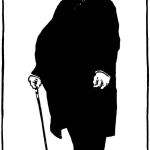Spectator Books of the Year: The forgotten genius of Rose Hilton
I choose Ian Collins’s Rose Hilton (Lund Humphries, £35), a remarkable artist elbowed aside, like so many women of her generation, by a more established, much better known and far more forceful husband. Roger Hilton reckoned there was room for only one artist in their household, and that was him. This handsome, inviting and splendidly illustrated volume follows Rose as she makes her own way, with a lot of help from Matisse and not much from Roger, to emerge after his death as an authoritative colourist of great strength and warmth in her own right. Catrine Clay’s Labyrinths (Collins, £20) tells a parallel story from 50 years earlier, following Emma
